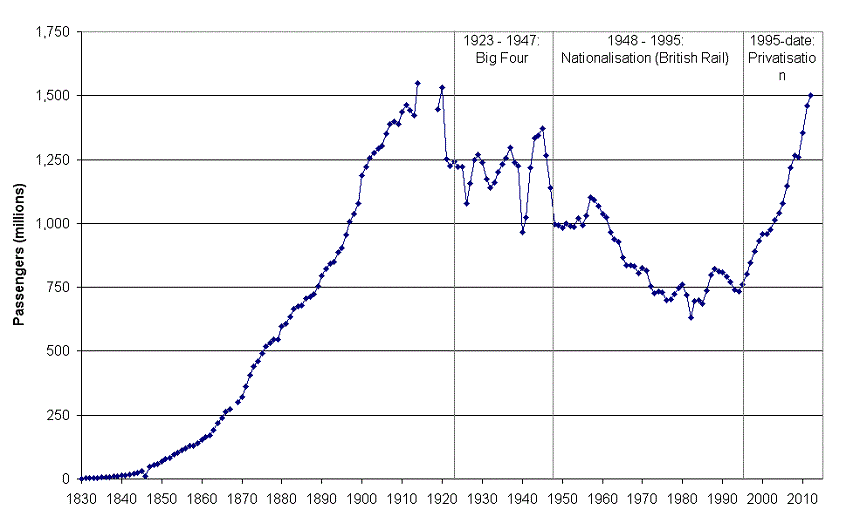Yesterday I got a robo-call from someone representing The Beer Store (what used to be known as the Brewer’s Retail … for my American readers, think of your local DMV crossed with a Cold War-era Soviet department store). The call was to alert me to the possibility that the Ontario government might do something to destroy the worker’s paradise we live in today and allow the total anarchy of private sales of beer, wine, and liquor. I was invited to take part in some sort of “town hall” meeting where all the interested parties would be represented … if you consider only those who are afraid of this change being introduced as being all of the interested parties.
As we all know, the Ontario government isn’t comfortable with the idea of letting go of their own vast-profit-generating booze sales machine (the LCBO), and I doubt that the current Premier and her party are actually going to break the foreign-owned oligopoly that currently controls the sale of beer in the province. In spite of that, the Beer Store and their “stakeholders” are mounting a rather hysterical counter-offensive to preserve the current status quo. As Colby Cosh points out, their success or failure will probably hinge on keeping Ontarians innocent of how a non-monopolized market works in other jurisdictions … particularly in Alberta:
It is encouraging to see so much ridicule being flung at the Beer Store’s “study” defending its role in the Soviet-flavoured Ontario liquor retailing system. The effectiveness of the Beer Store’s white paper depends on its Ontario audience knowing no practical details of freer retail schemes, particularly Alberta’s: yet, by an amusing paradox, the ur-source for the report appears to be Alberta. No one was willing to attach his name to the report itself, but it comes with a foreword by the Parkland Institute’s Greg Flanagan, who deems it a “valuable contribution”—one that, on an unrelated note, makes heavy use of Flanagan’s own past polemics against liquor privatization. What a terrible shame nobody took credit for this excellent document!
What Colby is missing is that Ontario is a unique, precious snowflake of a province, whose residents are unable to handle this so-called “freedom of choice”. Our loving government is protecting our vulnerable, weak-willed selves from the evils of a callous, uncaring, exploitative sector of the economy that ruthlessly wants to sell us more of their intoxicating poisons at lower prices. This is why we must stand firm against “free markets” and rally our shrinking moral forces!
He even admits that the destruction of Alberta’s proud, noble, and much-loved liquor monopoly has brought untold misery and ruin to literally tens, possibly even hundreds, of Albertans:
The effect of liquor-retail privatization in Alberta was to put liquor stores in many small towns that did not have them before and on darn near every block in the big cities. Most, by design, are small stores with large markups. Before privatization you had a handful of stores in the entire province, all offering strongly regulated uniform prices. But you might have to travel a long way to get the advantage of these prices; you might have to leave work early to show up before closing, particularly if you intended to load up for a weekend or a party; and you might have to stand in a queue when you arrived. (Ah, memories.) And if you didn’t compute your needs accurately and you ran out of booze at the wrong moment, you were out of luck.
After privatization, there are stores everywhere, open all the time, on every day but Christmas; and you might be charged an extra buck on a 12-pack. Go on: ask 10 Albertans who are old enough to remember the old system if they would like to go back. I’ve actually performed this exercise, and I usually get ten “hell no”s. But if you make your sample a hundred, you will certainly find a person or two in one of two categories: (1) socialists nostalgic for the days when ALCB employees were duly organized, and could shut down all liquor sales in the province by striking; (2) geriatric grouches who really don’t enjoy alcohol and don’t like its ready availability and what’s with those goddamn kids these days with the reefer and the XBox and the hey hey hey.
See? He even admits that prices went up! Proof that market failure is smeared all over Alberta! And queues are a good thing: they allow you to meet your neighbours and have long, pleasant conversations about all kinds of things! Albertans have been wantonly deprived of this wonderful balm of human contact and interaction!
No, Ontarians are not ready — and may never be ready — for the additional burden of free choice and wider selections at lower prices. We must set our hearts and minds to work against this tradition-destroying innovation and keep our booze prices high and variety minimal!




